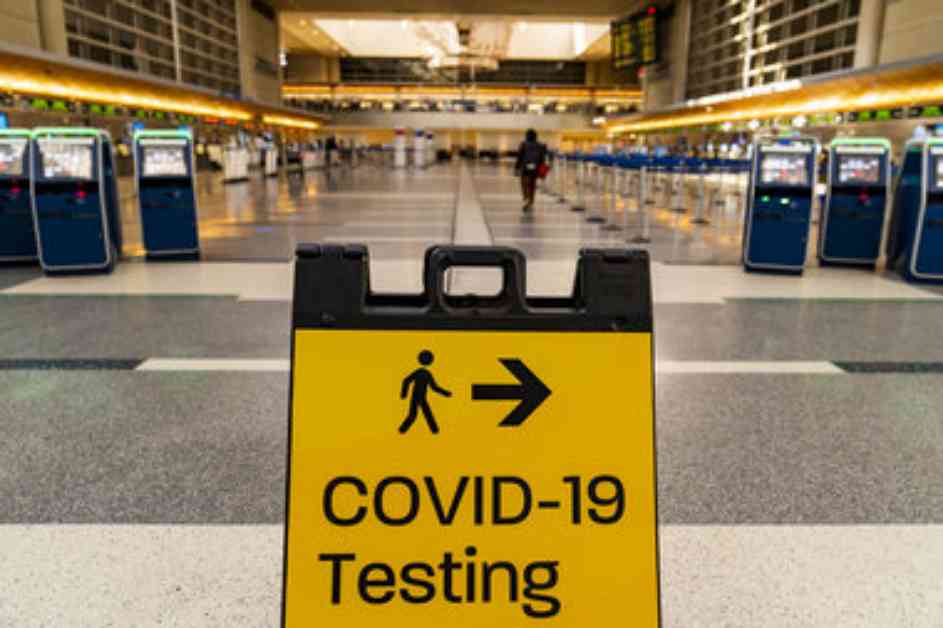Five years ago, the world experienced a monumental shift with the declaration of the COVID-19 pandemic by the World Health Organization. This designation marked a new era across various sectors, from politics and public health to media and everyday life. The impact of this global health crisis has been profound, affecting societies worldwide. As the world grapples with the aftermath of five years of the pandemic, significant changes have emerged, shaping our understanding of trust, politics, education, faith, and work.
Impact on Global Societies
Over the past five years, COVID-19 has taken an immense human toll, with more than 7 million lives lost to the virus. The economic repercussions and regulatory measures continue to foster a sense of mistrust among the populace, not only towards governments but also towards those with differing perspectives on health policies and medicine. The pandemic did not create this fraying of trust and division; rather, it entered a world already grappling with rising discord and a divisive media landscape. The convergence of a health crisis with political volatility has made it challenging to navigate these turbulent times. According to Allan Brandt, a historian of medicine at Harvard University, understanding and repairing the damage caused by the pandemic will be crucial for shaping the future.
Exploring Diverse Responses
As the pandemic unfolded, different countries responded in varied ways. While many adopted stringent lockdown measures, Sweden adopted a controversial approach, keeping most of society open. Despite initial criticism, Sweden’s strategy was later viewed as a success story, with comparable death rates to neighboring countries. This unconventional response highlighted the significance of trust and individual responsibility in navigating crises. In China, the pursuit of a “zero-COVID” policy had severe economic repercussions, underscoring the delicate balance between public health and economic stability. The pandemic prompted a surge of youth activism across Africa, with young people advocating for democratic reform and social justice in the wake of governmental failures.
Resilience and Adaptation
The pandemic posed significant challenges to various sectors, including education, faith, and work. In education, the disruption caused by prolonged closures led to learning loss, particularly affecting lower-income students. Innovative solutions like tutoring programs emerged to address these educational setbacks. Households of faith experienced a significant shift as in-person services transitioned to virtual platforms. Surprisingly, the pandemic stabilized the number of religious Americans, challenging the narrative of religious decline. In the workplace, the transition to remote work altered traditional office dynamics, raising questions about the future of in-person collaboration. While returning to the office may restore some sense of normalcy, the essence of workplace interactions has fundamentally changed.
As we reflect on the past five years, the enduring legacy of the pandemic lies in the resilience, adaptability, and unity displayed by individuals and communities worldwide. Despite the challenges and disruptions, human ingenuity and compassion have shone through, guiding us toward a future marked by recovery and renewal. The lessons learned from this unprecedented period will shape our collective journey ahead, emphasizing the importance of trust, collaboration, and empathy in navigating the complexities of a post-pandemic world.

